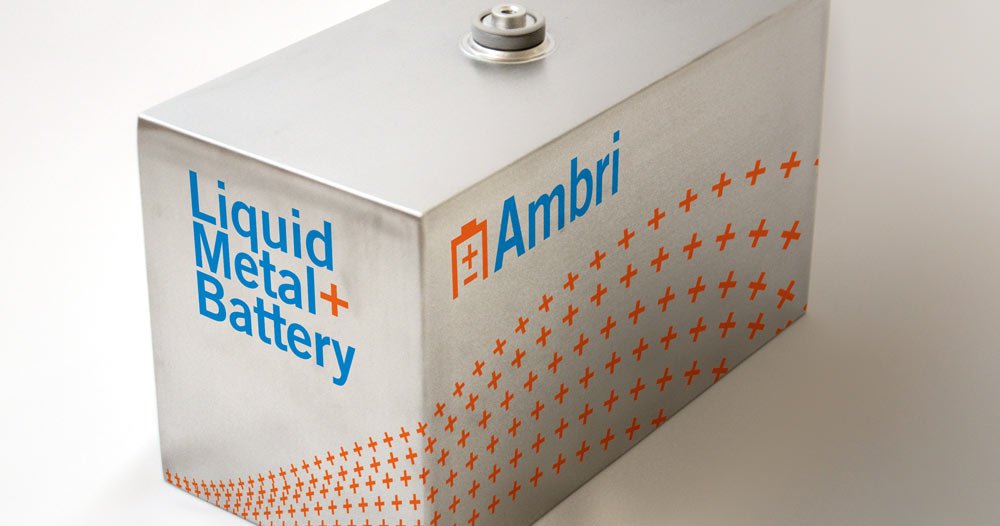Alaskan
Well-Known Member
@Ravi Kempaiah is probably already aware of this. Given his expertise on this topic I am eager to read his thoughts on whether this aluminum ion battery technology will be the next big leap that will find its way into our bikes.

 www.forbes.com
www.forbes.com

Developer Of Aluminum-Ion Battery Claims It Charges 60 Times Faster Than Lithium-Ion, Offering EV Range Breakthrough
The graphene aluminum-ion battery cells from the Brisbane-based Graphene Manufacturing Group (GMG) are claimed to charge up to 60 times faster than the best lithium-ion cells and hold more energy.
 www.forbes.com
www.forbes.com

